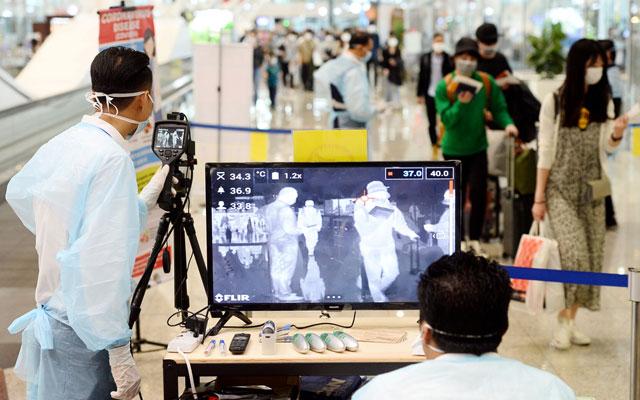To help the tourism sector emerge stronger from Covid-19, UNWTO has released a set of guidelines that highlight the need for safe, seamless travel to restore traveller confidence, and to embrace innovation and the digital transformation of global tourism.
Produced alongside the Global Tourism Crisis Committee, the guidelines aim to support governments and the private sector to recover from an unparalleled crisis.

Depending on when travel restrictions are lifted, the UN body warned that international tourist arrivals could fall by between 60-80 per cent, putting 100-120 million jobs at risk and likely leading to US$910 billion to US$1.2 trillion loss in exports.
UNWTO secretary-general Zurab Pololikashvili said: “These guidelines provide both governments and businesses with a comprehensive set of measures designed to help them open tourism up again in a safe, seamless and responsible manner.
“They are the product of the enhanced cooperation that has characterised tourism’s response to this shared challenge, building on knowledge and inputs from across the public and private sectors, and from several UN agencies, as part of the UN’s wider response.”
As a follow-up of the Recommendations for Action already endorsed by the Committee, the new guide is focused on seven priorities for tourism recovery, revolving around mitigating the economic impact, developing safety protocols and coordinated responds, and fostering innovation.
The guidelines highlight the importance of restoring the confidence of the travellers through safety and security protocols designed to reduce risks in each step of the tourism value chain. These protocols include the implementation of check procedures, including temperature scans, testing, physical distancing, enhanced frequency of cleaning, and the provision of hygiene kits for safe air travel, hospitality services or safe events.
In addition, the guidelines also highlight the opportunity to foster a digital transformation of destinations, companies and employees with initiatives such as the free online training with the UNWTO Online Academy and the implementation of apps such as the Hi Card to improve international interoperability at airports and hotels. The role of technology in promoting social distancing in hotels and tourist destinations is also highlighted.
This comes as UNWTO strengthens its partnership with Google to promote digital learning and online skills training so as to provide new opportunities across the global tourism sector.
Pololikashvili added: “The past weeks have highlighted the enhanced role technology plays in our lives and furthering the digital transformation of tourism will make the sector more resilient and create opportunities for people all around the world.”




















